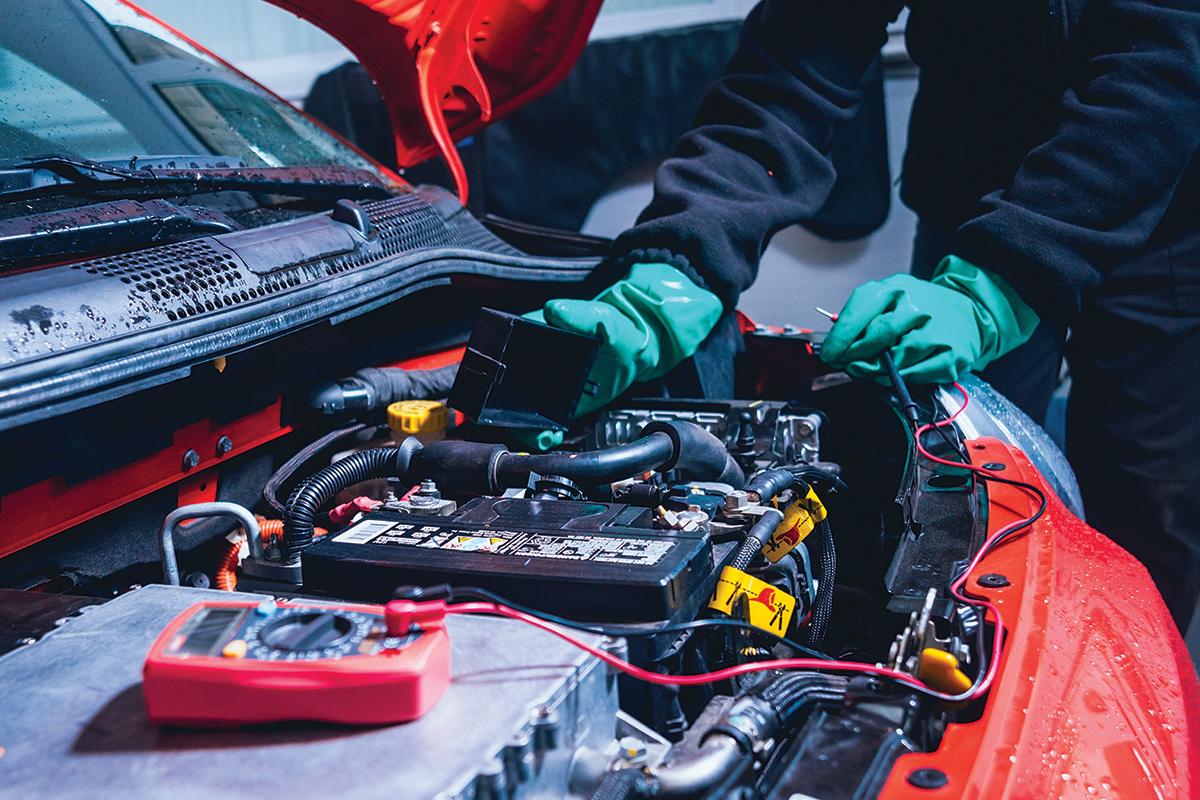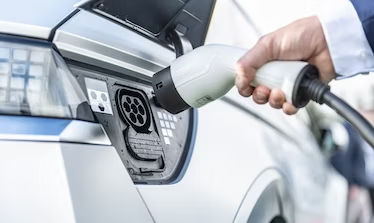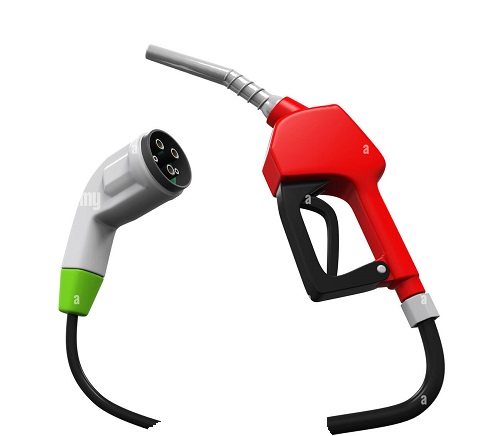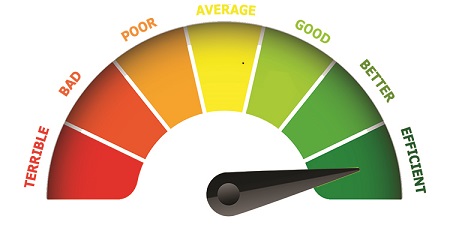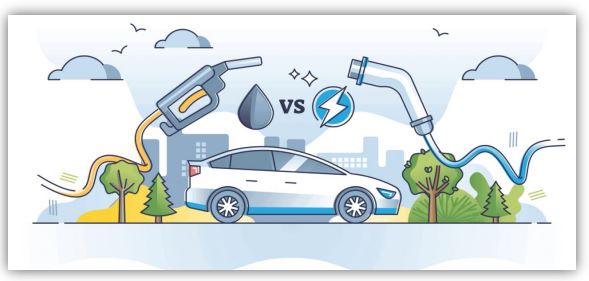| Nexon Petrol (Base model) |
Nexon Diesel (Base model) |
Tata Nexon EV Prime |
|
|---|---|---|---|
| Ex-Showroom Price | Rs 7.79 | Rs 9.99 | Rs 14.49 |
| On-Road Price (Delhi) |
Rs 8.75 | Rs 11.40 | Rs 15.25 |
Thus, the electric vehicle (EV) costs over Rs 4 lakh more than the diesel version and
Rs 6.50 lakh more than the petrol version
.png)
